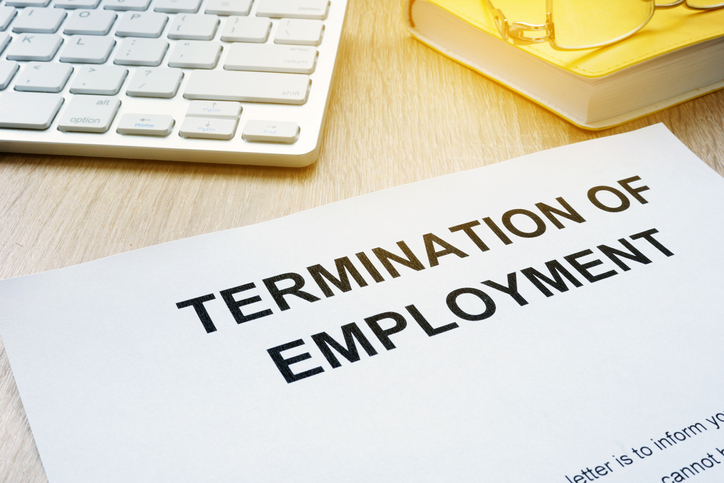The EAT considers whether pre-termination discussions held by an employer were conducted improperly in an unfair dismissal claim.
Under the Employment Rights Act 1996, pre-termination negotiations are inadmissible as evidence in a court or tribunal in the event of the employee later bringing a claim, unless they are carried out improperly. In Gallagher v McKinnon’s Auto and Tyres Ltd, the Claimant brought an unfair dismissal claim after being made redundant on the grounds that the protected conversations held by his employer amounted to undue pressure.
It was concluded at a preliminary hearing that the conversations had been carried out in a reasonable manner and as a result were protected from being used as evidence. The claimant appealed this decision at the EAT on the grounds that the pressure put on him by his employer went against the Acas Code. He argued that he was invited to the meeting on false grounds because, to his knowledge, the meeting was to discuss his return to work after a period of sickness leave. Instead of discussing his return, he was offered an exit package and was told that if he didn’t accept it within 48 hours, the company would begin a redundancy process.
The EAT dismissed the appeal and gave the following reasons for this decision:
- Telling Mr Gallagher that if he did not accept the settlement offer they would begin the redundancy process was not the same as telling him he was going to be dismissed. Beginning the redundancy process would mean that he may be dismissed, but nothing had been decided at that time.
- Whilst using a return-to-work meeting to discuss the settlement agreement may have been unfair, the meeting was conducted in a reasonable manner which took into account the Claimant’s situation. The EAT acknowledged that although transparency as to the purpose of a meeting is encouraged, sometimes the subject of a meeting, and the issue to be discussed, can legitimately change.
- Telling Mr Gallagher that he only had 48 hours to accept the settlement offer did not constitute undue pressure because the offer was only made verbally. It was said that if he had accepted, a written offer would have been provided later which would have complied with the Acas Code by giving a 10-day window to respond which is considered a reasonable amount of time.
This was an interesting decision that could easily have been decided differently by another Judge. The provision in the Acas Code suggesting that the 10-day suggested timeframe for consideration only applies to the “written terms” is in many ways helpful, but we would not necessarily suggest that it is wholeheartedly relied upon as a mechanism for giving employees shorter verbal timeframes for acceptance of proposed settlement terms, whether initial or not. What does appear clear is that if the company had followed their first conversation by providing a draft settlement agreement without expressly stating the longer timeframe for acceptance, the outcome of this case would have been different. Employers holding protected conversations must continue to take into account individual circumstances and refer carefully to the Acas Code to ensure they do not fall foul of the provisions.
If you have any questions regarding redundancy processes, please contact [email protected].


